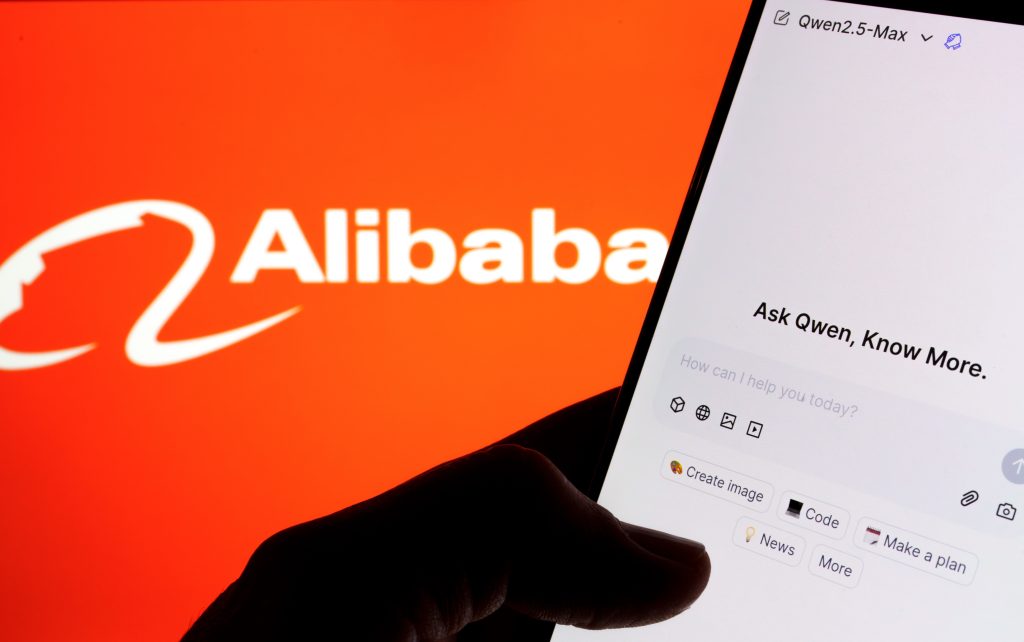
On Tuesday, Alibaba released it new AI Alibaba agent, developed by Tongyi Lab in China, mentioning it matches OpenAI’s Deep Research tool in performance while running on few sources, highlighting China’s ambitions to lead in AI while reducing dependence on US technologies.
The release is part of Alibaba’s larger strategy to improve Chinese AI models. In 2025, it released Qwen 3, which it says outperforms several global rivals with less computing load. This focus on efficiency, coupled with actual use like Amap navigation and Tongyi FaRui legal insights, shows that China is not shying away from competing with American companies directly in the AI fight.
Practical Applications of Open Source AI Agent
The Chinese company stated that AI Alibaba agent now supports Amap users with multi-step planning AI, enabling complex, multi-day trip planning. Alibaba’s law tool, Tongyi FaRui, has also been updated to provide examined case law results, duplicating the function of enterprise AI solutions in professional services.
On a global scale, the focus shifts from raw speed and capacity to effective deployment. With Google marketing Gemini as the “world’s fastest AI,” and OpenAI continuing to expand as an OpenAI competitor, experts proclaim that the future battlefield would be in application.
China’s startups are already in full steam. Manus, for example, claims to have the world’s first general-purpose AI agent, while Fellou is working on products fusing reasoning with everyday life, showing how autonomous AI agent systems are becoming a way of the day.
Data Innovation Driving New Alibaba AI Agent
Alibaba’s efficiency comes from synthetic training data that feeds back into the system, creating a self-improving “flywheel.” Tan Sijun of UC Berkeley credited this approach for enabling breakthroughs in Chinese AI task automation.
Benchmarks back the claim: Alibaba’s model scored 32.9 percent on the difficult Humanity’s Last Exam, higher than OpenAI’s earlier results.
The release also shows a growing independence drive. While American firms such as Nvidia dominate chip supply, Chinese companies such as Alibaba, Tencent, and ByteDance are building solutions that cut costs and lower compute loads.
In concurrence with this growth, Alibaba’s new Alibaba AI gent is gaining among developers. Especially those who are studying its potential as an AI coding assistant and for AI code generation.
Despite the promise, the Alibaba AI coding model itself is still constrained by something on the order of a context size of 128,000 tokens. But the contest is no longer merely one of speed, experts say.
“The US may be ahead in overall model capacity and throughput, but this doesn’t matter much if the model capacity and throughput are not being transformed into actual value,” said University of Michigan’s Jason Corso.
By open sourcing the Alibaba AI agent, China is signing that it wishes to lead not just in models, but in positive uses. A step toward redefining the world’s AI landscape with this innovation.
Inside Telecom provides you with an extensive list of content covering all aspects of the tech industry. Keep an eye on our Intelligent Tech sections to stay informed and up-to-date with our daily articles.